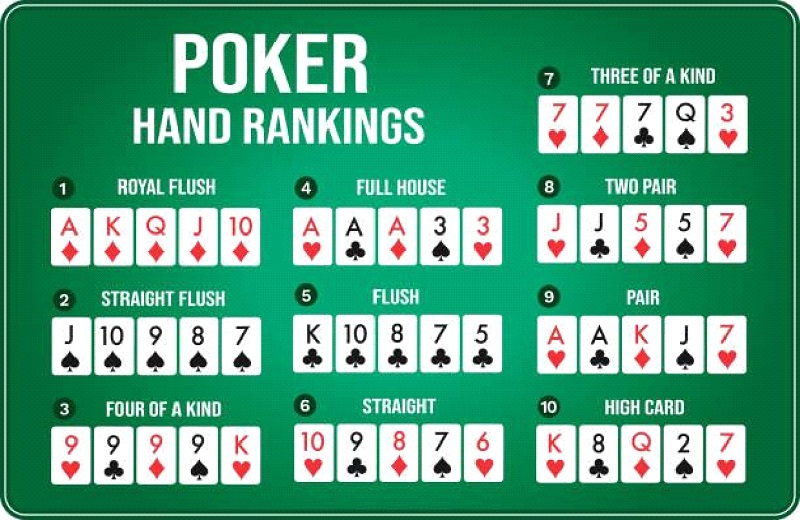
Texas Hold’em Poker: A Comprehensive Game Review
Embark on an exploration of Texas Hold’em, one of the most popular and strategically complex poker games worldwide. This review caters to a diverse audience aged 25-65, encompassing both poker enthusiasts and newcomers interested in understanding the intricacies of this beloved game. Discover the historical origins of Texas Hold’em, its ascent to the pinnacle of card games, the unique features that make it a favorite in casinos and home games alike, and a general overview that assesses its enduring appeal. Whether you’re an experienced player or new to the world of poker, this article offers a thorough understanding of Texas Hold’em’s rules, strategies, and the reasons behind its global acclaim.
The Rise of Texas Hold’em: A Historical Perspective
Tracing back to the early 20th century, Texas Hold’em has evolved from a regional game into a global phenomenon, dominating the world of poker with its unique combination of skill, strategy, and psychology.
Origins and Development
Emerging from the Texan gambling scene, Texas Hold’em quickly spread across the United States and beyond, gaining prominence particularly through major tournaments and televised events.
Popularity in Modern Poker Culture
Today, Texas Hold’em is synonymous with poker, enjoying a central spot in casino rooms and major competitions like the World Series of Poker (WSOP), solidifying its status as the go-to game for poker players.
Unique Features of Texas Hold’em
What sets Texas Hold’em apart are its unique gameplay and strategic depth, making it both challenging and rewarding for players of all skill levels.
Gameplay Mechanics
The game involves dealing two private cards to each player and five community cards face up. The challenge lies in making the best five-card hand using any combination of the seven cards available.
Strategic Depth and Variations
Strategy in Texas Hold’em varies greatly based on factors like position, player tendencies, and betting structure, offering endless possibilities and requiring adaptability and sharp decision-making.
Playing Texas Hold’em: Rules and Strategies
Understanding the rules and strategies of Texas Hold’em is crucial for both beginners and seasoned players looking to refine their approach to the game.
Basic Rules and Hand Rankings
Comprehending the fundamental rules, including blinds, betting rounds, and hand rankings, is the first step towards mastering Texas Hold’em.
Advanced Strategies and Tactical Play
Advanced players focus on strategies like bluffing, reading opponents, and odds calculation to gain an edge, making Texas Hold’em a game of skill as much as chance.

Texas Hold’em in the Digital Age
The digital revolution has significantly impacted how Texas Hold’em is played and perceived, with online platforms bringing new dimensions to the game.
Online Poker Platforms
Online poker has made Texas Hold’em accessible to a global audience, offering various formats and stakes, and allowing players to hone their skills virtually.
Impact of Technology on Strategy and Learning
Technology has also transformed strategies, with resources like software tools, instructional videos, and online forums available for players to learn and improve.
Conclusion: The Enduring Legacy of Texas Hold’em
In conclusion, Texas Hold’em stands as a testament to the enduring appeal of strategic card games. Its blend of skill, psychology, and chance, combined with its rich history and adaptability to online platforms, cements its position as a cornerstone of both the poker world and broader gaming culture. Whether played in a casino, at home, or online, Texas Hold’em continues to captivate and challenge players, making it a timeless classic in the realm of card games.





